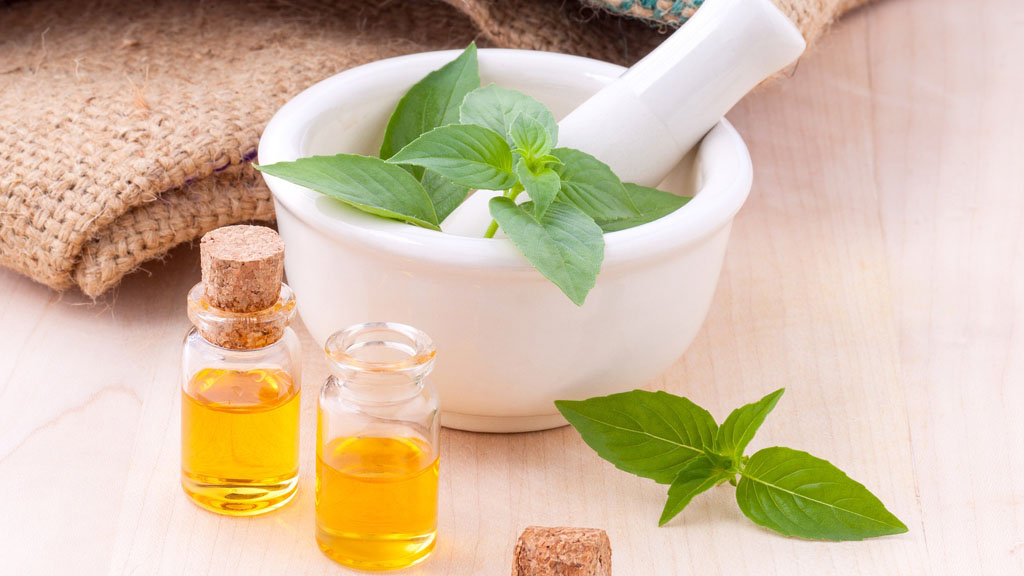Botanicals and dossier, the use of plants in food supplements is still regulated nationally

At the European level, the concept of “botanicals” is well known and has given rise to interesting cooperation projects between some Member States. The problem is that there is still no ad hoc regulation.
The use of herbal ingredients in products intended for food consumption to favour some body functions and, more generally, to take care of our normal health state, is now a consolidated practice. Partly, the average consumer is still convinced that “natural” is a synonym of “healthy”; partly, research has investigated and confirmed some beneficial effects of plants, supported for a long time only by tradition.
However, the use of substances deriving from plants in supplements has become so spread and rooted – and has generated a manufacturing industry of such magnitude – that it has drawn the attention of competent Authorities, then forced to regulate a sector that was at risk of wild development.
Italy, it should be said, was one of the first Member States of the European Union to feel such regulatory need, leading in time to the drafting of a list of plants admitted for the use in food supplements, where limits to daily intake doses are also specified, along with warnings (if required), and other similar forms of control. At European level, however, though the concept of “botanicals” is well established, and has led to interesting projects in cooperation with other Member States (see the BELFRIT list), there is no specific regulation.
What are the Botanicals
The term “botanicals” refers to an “herbal substance or preparation”, but the definition also includes algae, fungi and lichens. In more details, herbal ingredients are considered as botanicals, i.e. the unprocessed, generally dried, whole plant or parts of plant (whole, chopped or cut), or herbal preparations obtained from processed ingredients, as in extraction, distillation, pressing, fractioning, purification, concentration, fermentation, grinding and pulverisation.
In Italy, the use of botanicals in food supplements is regulated by the Decree of the Ministry of Health 10 August 2018, that – under Annex II – provides specific indications for the drafting of a full product dossier, including also the technical sheets of the used ingredients, the characteristics of the composition, as well as the documentation regarding the analytical methods used to determine and control the content of the substances stated in the label.
The dossier prepared in this way shall not be submitted or notified to the authorities; it shall however be available at the holder’s for the authorities that can request it in the course of safety and compliance controls. The dossier of products containing botanicals is therefore an essential requirement for the marketing of food supplements containing herbal substances: it is an Italian requirement only that EU-based companies find hard to understand and to comply with.
Ministry Decree 10 August 2018 also includes Annex I (amended by the director’s Decree 26 July 2019), that lists the admitted plants and the relevant parts, including any special provision for their use.
BELFRIT list
This Annex was, among other things, a considerable component of the BELFRIT list, that it now contains in full. The BELFRIT list was developed by the authorities of Belgium, France and Italy: starting from a similar approach and sharing their expertise, these three regulatory authorities have drafted a common list of admitted plants to be used as a starting point for a future European regulation. A regulation, it should be stressed, that does not exist yet.
It is understood that substances, preparations and extracts obtained from the plants listed in the national lists, but with no relevant consumption history, are considered as novel foods as per Regulation (EU) 2015/2283.
A turning point was reached last year, with a document approved by the European Commission, denouncing the failure of the goals fixed by the regulation on claims, through a reflection of the norms regarding the use of botanicals in supplements and comparing them with those used, for instance, in drugs. It is clear that while the latter are subjected to strict controls during their authorisation procedure, and face high costs (in spite of the application of simplified procedures and the acknowledgement of their traditional use), the former appears to be for free sale.
The Commission document, dated May 2020, stresses the co-existence of several national norms regulating botanicals, with negative effects on the possibility to market these products in more Member States, specifying that, actually, the only community rules these products should comply with are those regulating their labelling, advertising and presentation.
The Commission document is therefore an important step to sort out the European regulations on herbal substances and preparations, especially from the point of view of safety: a regulating need that could appear as a restriction to sell these products, but that would actually ensure their free movement all over the European Union. Currently, national legislations still apply, therefore Food Business Operators (FBOs) are obliged to keep available any documentation supporting the use of herbal extracts and preparations (botanicals dossier). Thanks to its team of experts, Di Renzo Regulatory Affairs can assist you in the preparation of these documents.
Scritto da: Maria Pia Felici
Foto di Seksak Kerdkanno da Pixabay





